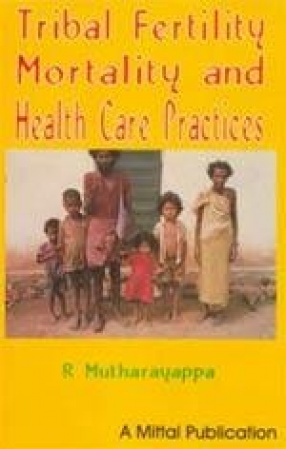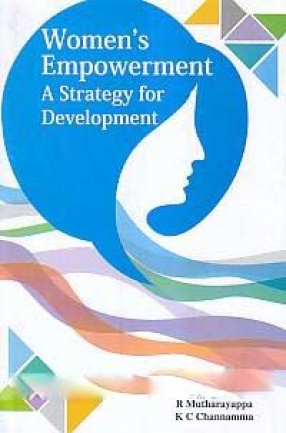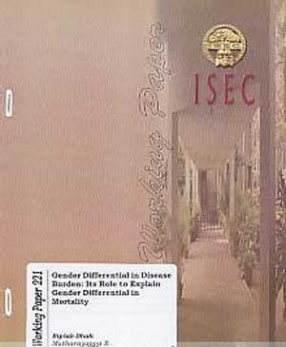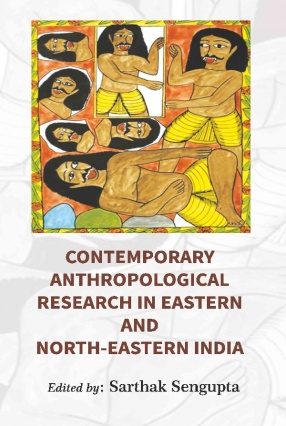The tribals are believed to be the earliest among the present inhabitants of the country. The formation of India’s population indicates that the ancestors of most of the inhabitants of the country came from outside. They lived in isolation and beliefs and formed the group of indigenous people called ‘tribles’. Social scientists, especially the anthropologists have studied extensively the social, cultural, political and economic life of tribes including their language and physical characteristics. But very little attempt has been made to study their demographic behaviour. The present book focuses on demographic behaviour of Jenu Kuruba and Kadu Kuruba tribes inhabiting the hilly and forest areas of the state of Karnataka. They are known by different names in different parts of peninsular India. The information gathered include cultural and social aspects covering education, family size, family type, age of marriage, multiple marriage, birth history of a woman, contraception, abortion, birth interval, occupation, income perception of infant and childhood mortality and health care practices among tribals. The book will be of immense use to anthropologists, social scientists and to several researchers and social workers including NGO’s working on tribal development.
Tribal Fertility, Mortality and Health Care Practices
In stock
Free & Quick Delivery Worldwide
Bibliographic information
Title
Tribal Fertility, Mortality and Health Care Practices
Author
Edition
1st ed.
Publisher
ISBN
817099778X
Length
xvi+132p., Figures; Tables; Bibliography; Index; 23cm.
Subjects







There are no reviews yet.